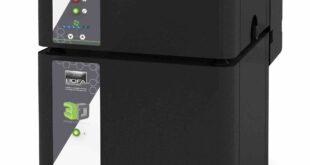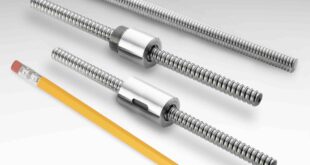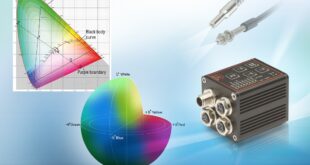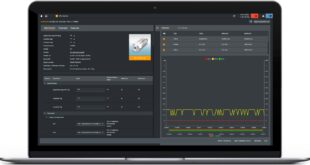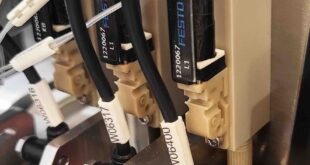Stephen Hayes explores the need for packaging companies to be versatile and adaptable in their operation
Consumers have become strong advocates for environmental sustainability. In response, packaging companies have increasingly modified their materials, designs and processes.
Manufacturers are looking for production methods that will give them the flexibility to adapt to future trends.
Short-term fixes are not an option with the ever-changing requirements of packaging machines.
A system that can quickly adapt to changing requirements or easily accommodate new features is a long-term investment.
A flexible production process allows a variety of packaging products with different tools to be produced on the same production line.
Packaging companies can then effortlessly switch between packaging types, resulting in minimum changeover times and maximised efficiency.
Maximum process speed and precision can result in shorter cycle times for more throughput.
Resource and energy efficiency can also be increased with the ability to integrate all automation functions.
For packaging companies of all sizes, optimising factory space is beneficial. This sounds sensible, but the implementation can be more challenging. PC-based controls are needed in developing systems that can support this flexibility.
Beckhoff offers a technologically and financially superior packaging solution. For example, our industrial PCs and the TwinCAT automation software can be used to manage a wide range of packaging functions such as filling, forming, sealing, labelling, collecting, re-packing and palletising.
In terms of physical systems, the eXtended transport system (XTS) allows companies to handle packages with varying fill levels or format sizes without having to alter the mechanics of the machine. By replacing complex and expensive mechanics with software, Beckhoff’s systems offer ultimate flexibility.
TwinCAT provides specially tested software function modules for XTS applications that simply require you to set the parameters. For example, it is possible to change the distance between the movers during runtime, meaning that different package sizes and temporary changes can be managed without stopping the entire production line.
The XTS, combined with PC-based control, allows for innovative ways of saving on packaging material. The XTS makes it possible to place the seal as closely to the product as possible by synchronising print marks with the sealing guillotine.
When dealing with a high-volume of products, more accurate approximation generates both material and cost savings.
Innovations such as this offer a wealth of benefits to the packaging industry, so Beckhoff UK will be showcasing them at this year’s PPMA trade show.
To find out more about our comprehensive PC-based control systems for packaging and process environments, visit the company at stand F50 during PPMA at Birmingham’s NEC from October 1st–3rd.
Stephen Hayes is managing director of Beckhoff Automation UK.
 Engineer News Network The ultimate online news and information resource for today’s engineer
Engineer News Network The ultimate online news and information resource for today’s engineer
